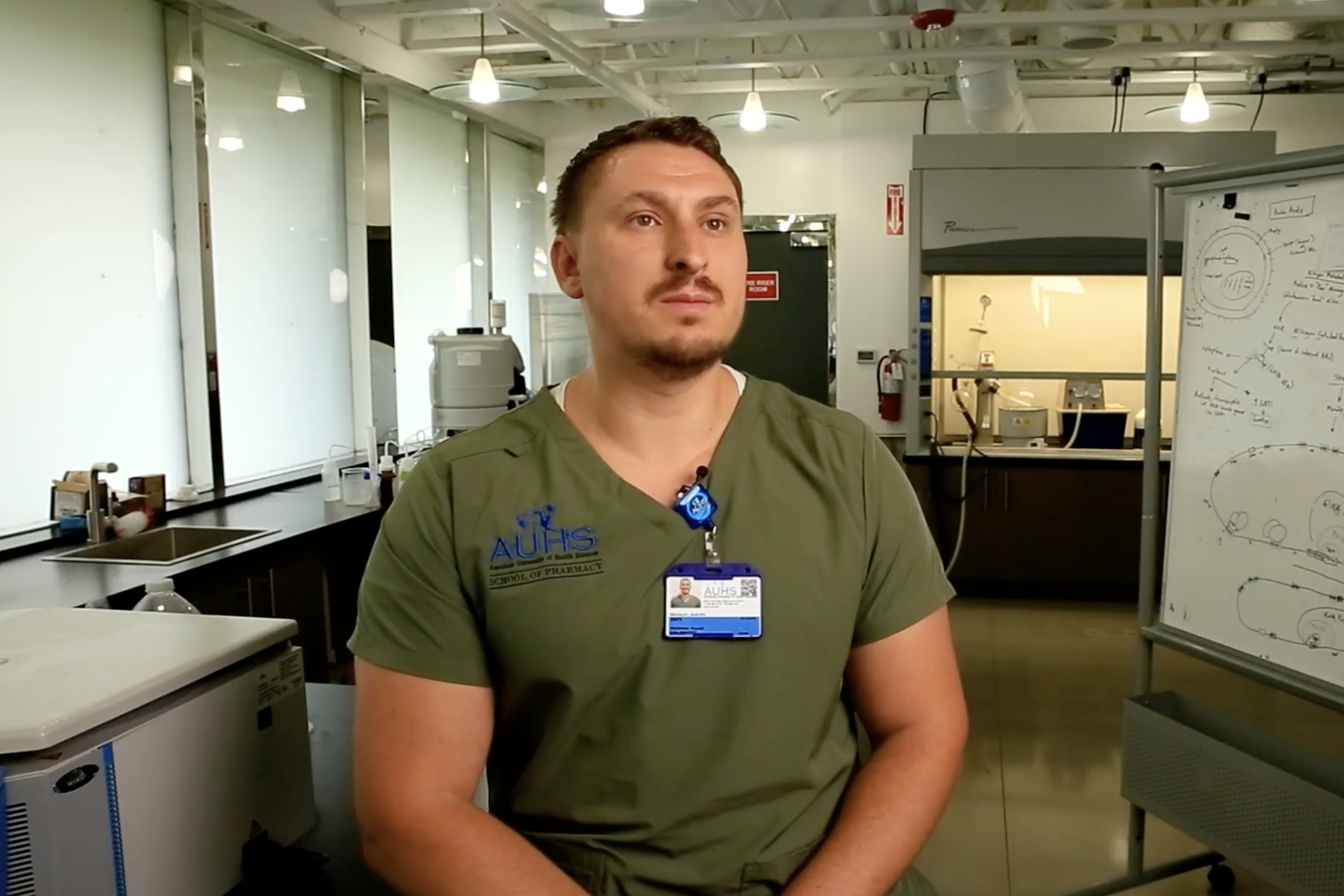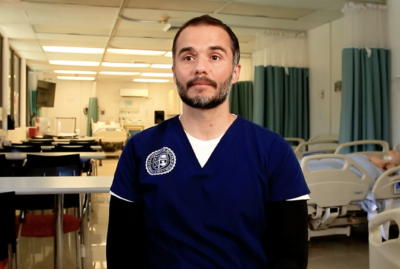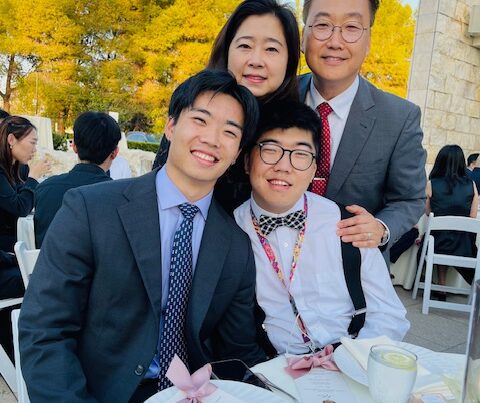Virtue and Emancipation
By Brent Davis, Campus Ministry Coordinator
Rousseau wrote: “Man is born free but everywhere is in chains.”¹ Scripture says: “But the Scriptures declare that we are all prisoners of sin, so we receive God’s promise of freedom only by believing in Jesus Christ” (Galatians 3: 22).
There is similarity and a difference. Both say that people need freedom but disagree on the starting point. There is also a difference as to how we achieve freedom. Rousseau believes that people are born free. Scripture states that we are not free, even dead. As for achieving freedom, Rousseau believed:
In his mature work, he principally explores two routes to achieving and protecting freedom: the first is a political one aimed at constructing political institutions that allow for the co-existence of free and equal citizens in a community where they themselves are sovereign; the second is a project for child development and education that fosters autonomy and avoids the development of the most destructive forms of self-interest. However, though Rousseau believes the co-existence of human beings in relations of equality and freedom is possible, he is consistently and overwhelmingly pessimistic that humanity will escape from a dystopia of alienation, oppression, and unfreedom. (Bertram, 2020, para. 1)
Scripture says that we achieve freedom by believing in Jesus Christ.
Freedom can be abused. Only virtuous people will use their freedom wisely. Rousseau’s concept is that people will treat others well if they have compassion and conscience which are developed through education and reason (Bertram, 2020). Scripture describes a three-step process beginning with salvation:
5 When we were controlled by our old nature,[b] sinful desires were at work within us, and the law aroused these evil desires that produced a harvest of sinful deeds, resulting in death. 6 But now we have been released from the law, for we died to it and are no longer captive to its power. Now we can serve God, not in the old way of obeying the letter of the law, but in the new way of living in the Spirit. (Romans 7: 5, 6)
To live by the Spirit, we must follow His direction which leads to the fruit of virtues:
13 For you have been called to live in freedom, my brothers and sisters. But don’t use your freedom to satisfy your sinful nature. Instead, use your freedom to serve one another in love. 14 For the whole law can be summed up in this one command: “Love your neighbor as yourself.”[c] 15 But if you are always biting and devouring one another, watch out! Beware of destroying one another.
16 So I say, let the Holy Spirit guide your lives. Then you won’t be doing what your sinful nature craves. 17 The sinful nature wants to do evil, which is just the opposite of what the Spirit wants. And the Spirit gives us desires that are the opposite of what the sinful nature desires. These two forces are constantly fighting each other, so you are not free to carry out your good intentions. 18 But when you are directed by the Spirit, you are not under obligation to the law of Moses.
19 When you follow the desires of your sinful nature, the results are very clear: sexual immorality, impurity, lustful pleasures, 20 idolatry, sorcery, hostility, quarreling, jealousy, outbursts of anger, selfish ambition, dissension, division, 21 envy, drunkenness, wild parties, and other sins like these. Let me tell you again, as I have before, that anyone living that sort of life will not inherit the Kingdom of God.
22 But the Holy Spirit produces this kind of fruit in our lives: love, joy, peace, patience, kindness, goodness, faithfulness, 23 gentleness, and self-control. There is no law against these things!
24 Those who belong to Christ Jesus have nailed the passions and desires of their sinful nature to his cross and crucified them there. 25 Since we are living by the Spirit, let us follow the Spirit’s leading in every part of our lives. 26 Let us not become conceited, or provoke one another, or be jealous of one another. (Galatians 5: 13-26)
Finally, we, in reliance on the Holy Spirit, need to develop discipline to “nail the passions and desires … to his cross” and to achieve moral excellence:
3 By his divine power, God has given us everything we need for living a godly life. We have received all of this by coming to know him, the one who called us to himself by means of his marvelous glory and excellence. 4 And because of his glory and excellence, he has given us great and precious promises. These are the promises that enable you to share his divine nature and escape the world’s corruption caused by human desires.
5 In view of all this, make every effort to respond to God’s promises. Supplement your faith with a generous provision of moral excellence, and moral excellence with knowledge, 6 and knowledge with self-control, and self-control with patient endurance, and patient endurance with godliness, 7 and godliness with brotherly affection, and brotherly affection with love for everyone.
8 The more you grow like this, the more productive and useful you will be in your knowledge of our Lord Jesus Christ. 9 But those who fail to develop in this way are shortsighted or blind, forgetting that they have been cleansed from their old sins.
10 So, dear brothers and sisters,[c] work hard to prove that you really are among those God has called and chosen. Do these things, and you will never fall away. 11 Then God will give you a grand entrance into the eternal Kingdom of our Lord and Savior Jesus Christ. (2 Peter 1: 3-11)
Live free; live virtuously!
References
Bertram, C. (Winter 2020). “Jean Jacques Rousseau”, The Stanford Encyclopedia of Philosophy , Edward N. Zalta (ed.). https://plato.stanford.edu/archives/win2020/entries/rousseau/













